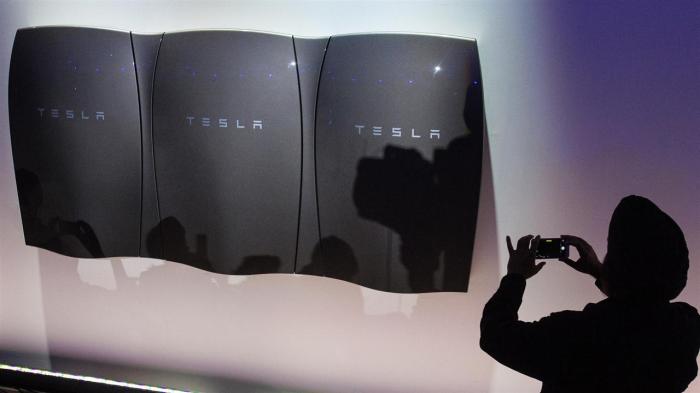Musk Denies Tesla Sourcing Batteries from Samsung, a statement that sent shockwaves through the electric vehicle and battery industries. This unexpected declaration, made amidst Tesla’s ongoing quest for battery supply dominance, has sparked intense speculation and raised questions about the future of Tesla’s battery sourcing strategies.
Tesla, a company synonymous with electric vehicles, has historically relied on a diverse range of battery suppliers, including Panasonic, LG Chem, and CATL. However, Musk’s recent denial of sourcing from Samsung, a prominent player in the battery market, has ignited curiosity and raised questions about the rationale behind this decision. This denial comes at a crucial time for Tesla, as the company seeks to ramp up production to meet increasing demand for its electric vehicles.
Samsung’s Role in the Battery Industry
Samsung is a prominent player in the global battery industry, known for its expertise in manufacturing high-performance lithium-ion batteries. The company’s extensive experience and technological advancements have positioned it as a key supplier to various industries, including consumer electronics, automotive, and energy storage.
Samsung’s History of Supplying Batteries to Tesla, Musk denies tesla sourcing batteries from samsung
Samsung has a history of supplying batteries to Tesla, although the relationship has been complex and has evolved over time. In the early days of Tesla’s Model S, Samsung SDI, a subsidiary of Samsung Electronics, was a primary battery supplier. However, as Tesla’s demand for batteries grew, it sought to diversify its supply chain, leading to a reduction in Samsung’s role.
Final Summary: Musk Denies Tesla Sourcing Batteries From Samsung
Musk’s denial of Tesla sourcing batteries from Samsung has left the industry in a state of intrigue, with analysts and industry experts dissecting the potential implications for both Tesla and the broader electric vehicle market. While the exact reasons behind this denial remain unclear, the move underscores the dynamic nature of the battery supply chain and the competitive landscape of the electric vehicle industry. As Tesla navigates this evolving landscape, the impact of this decision on its battery sourcing strategies and future production plans will be closely watched by industry observers and consumers alike.
 Securesion Berita Informatif Terbaru
Securesion Berita Informatif Terbaru
